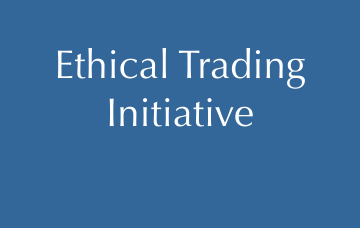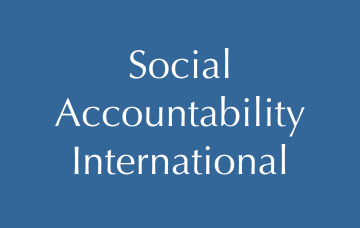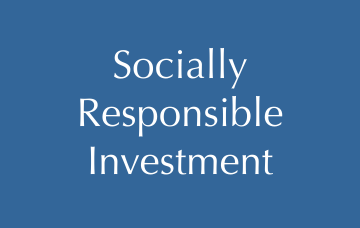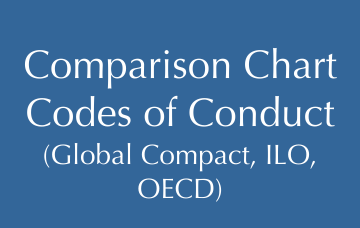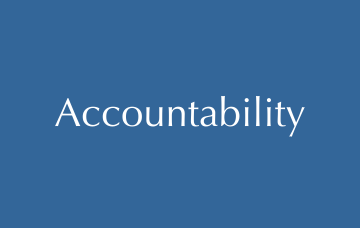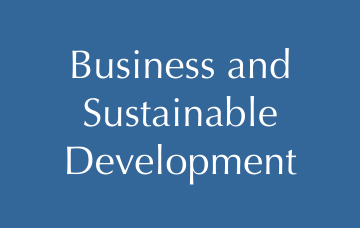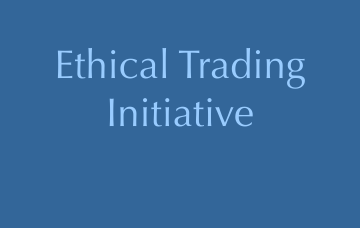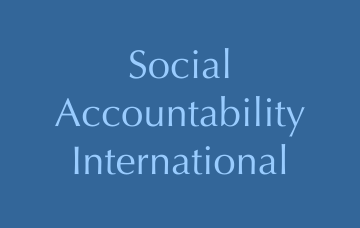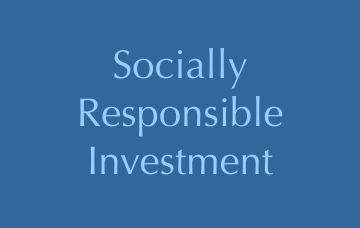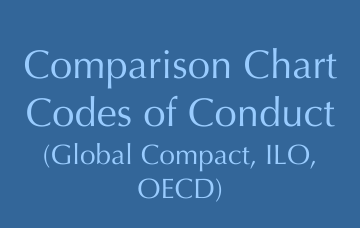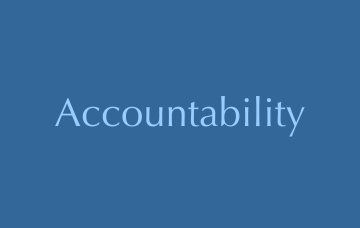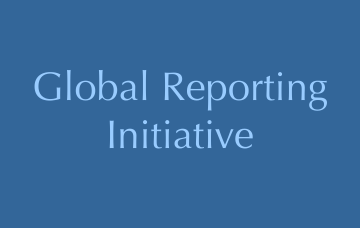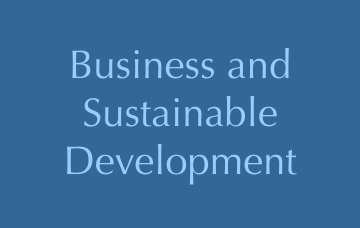




Corporations tremendously influence policy making in many parts of the world, including outside their home country. One of their major strategies to influence policy in their favour is by financing the political campaigns of corrupt politicians who put aside their most basic democratic responsibility, to pursue the welfare of all ranks of society, and, instead, look for their own self-interest. In the United States alone, corporations gave over $1.2 billion in donations to political campaigns during the 2000 election. This activity has made of democracy a complete mockery, a top down exercise that is moving the so-called beacons of democracy ever more closer to becoming oligarchies. One positive sign is that, due to public outcry, governments are being pushed, however reluctantly, to regulate campaign financing. The increasing legislation of political financing in many nations nonetheless, corporations have many other strategies to influence policymaking, and make governments work for their interests. Their vast resources, many times more than those of trade unions, environmentalists, consumer organizations and even countries, provide them with a far more powerful position to influence legislators, the judiciary and of course the executive branch. In a study of three U.S. advisory committees, 108 out of a total of 111 members were corporate representatives, whilst only two represented trade unions and none consumers or civil society. Yet, survey after survey show that people are increasingly annoyed by the behaviour of corporations and want them closely regulated, so that they become accountable to all the communities that they impact with their activity. In this way, the case for making democracy true bottom up has a lot to do with forcing governments to pursue the public interest and make corporations behave socially responsible. Indeed, we can only achieve the welfare of all ranks of society by attaining real participatory democracy, and this can only be accomplished if global and national civil societies get directly involved in the public matter. We must bear in mind that the prevailing culture among most global corporations is amoral, for their only interest, in this ethos of Darwinian capitalism, is shareholder value. Thus, this is how the pursuit, by civil society, of corporate social responsibility (CSR), due to the many ominous precedents of corporate behaviour, is a fundamental task in the achievement of true democratic participation and social justice.
|
- © The Jus Semper Global Alliance
